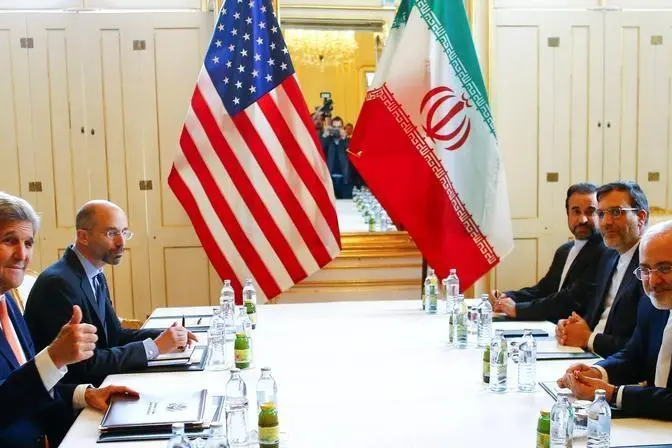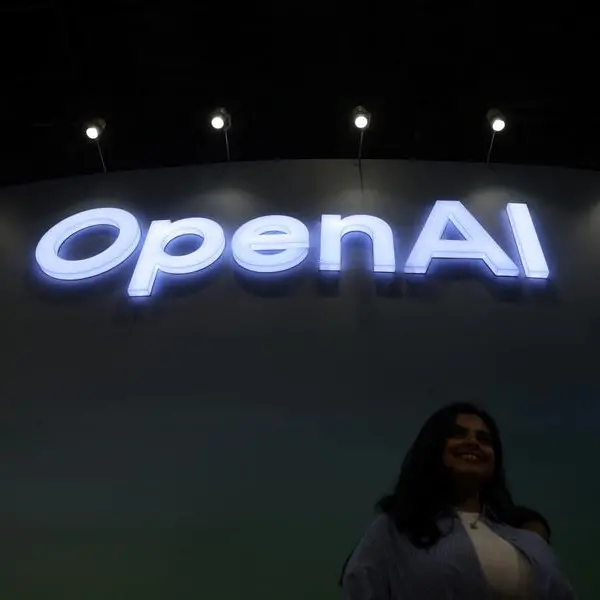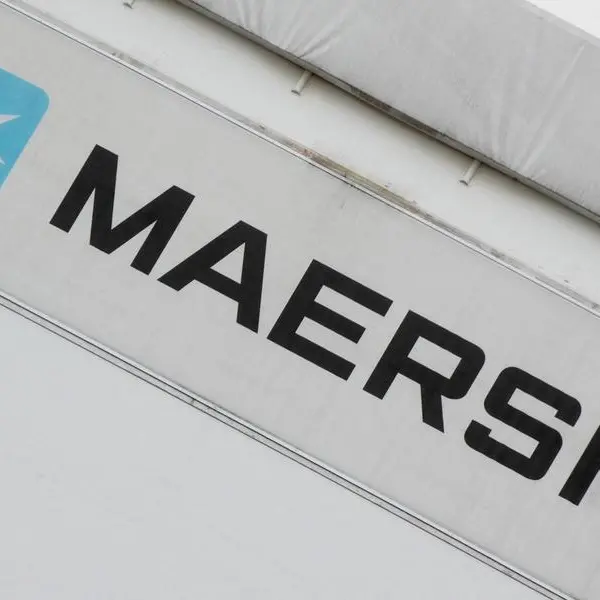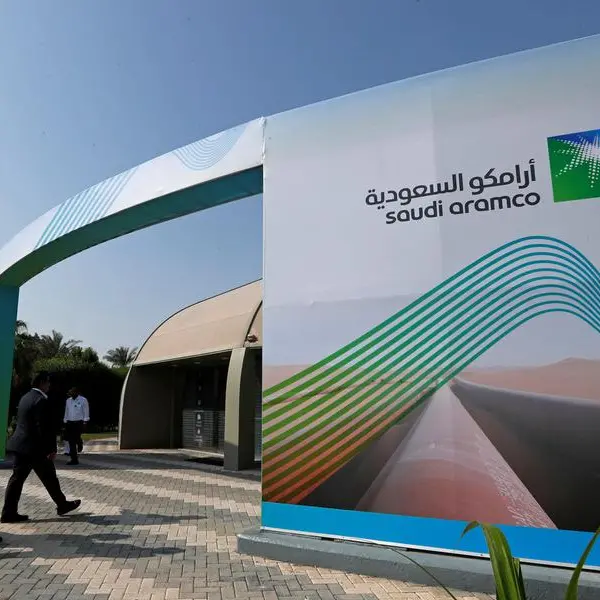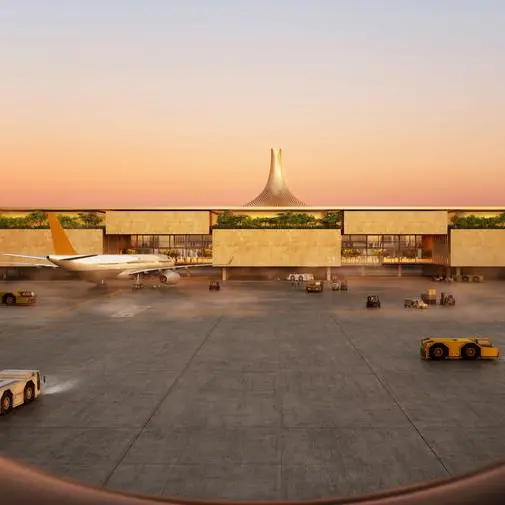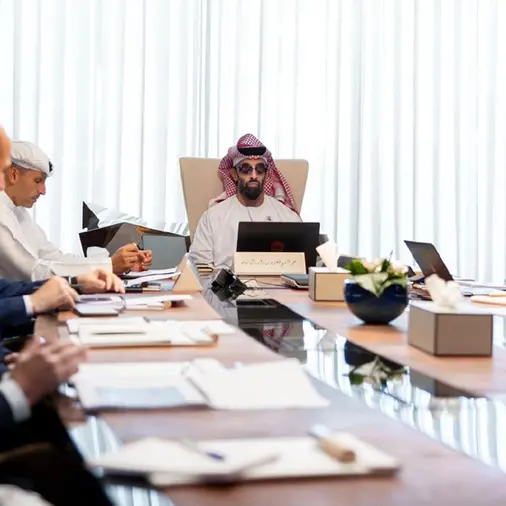PHOTO
(Repeats story with no change to text)
* Former analyst coordinated Carter briefing during hostage crisis
* Iran hardline media cast visit as effort to build spy network
* Challenge to establish even seemingly innocuous exchanges
By Arshad Mohammed and Parisa Hafezi
WASHINGTON/ANKARA, July 5 (Reuters) - Just before last year's nuclear deal with Iran, five U.S. universities visited the country to explore renewing educational ties that flourished before the Islamic Revolution.
The group, which included representatives from Rutgers and the University of Southern California (USC), found a desire on both sides for more exchanges and concluded that U.S. students and scholars would be warmly welcomed in Iran.
But there was a hitch -- the head of the delegation, Allan Goodman, was a former U.S. intelligence analyst. In March this year he was attacked in hardline Iranian media reports which have painted the June 2015 visit as a U.S. attempt to build an espionage network and undermine the Iranian state.
U.S. officials and Goodman's employer, the Institute of International Education (IIE), say that's not the case and that there was no U.S. government involvement in the trip.
Nevertheless, the negative press reports have cooled efforts to rebuild educational ties in the wake of the landmark nuclear deal, two U.S. officials said. They said the U.S. government is now cautioning American universities against moving too fast and that the schools themselves are treading warily.
"People looked at that backlash and said 'Let's go slow,'" said one of the officials, who spoke on condition of anonymity.
Goodman, who lists his intelligence background in his online biography, did not respond to repeated interview requests.
Earlier in his career, he coordinated the daily intelligence briefing President Jimmy Carter received in 1979 and 1980, a period when the Islamic Revolution toppled the Shah and dozens of U.S. diplomats were held hostage in Tehran.
The CIA declined comment on Goodman's intelligence past, saying it does not discuss personnel matters. The State Department and Iranian foreign ministry also declined comment.
The episode highlights the political struggle between Iranians who want to work with the United States and hardliners who often raise espionage accusations and fear opening up will undermine their rule.
U.S. officials say it also illustrates the challenge of establishing even seemingly innocuous exchanges given Iranian mistrust of foreign involvement in its affairs. That mistrust dates to Britain's exploitation of its oil, the CIA-sponsored coup that overthrew its prime minister, Mohammed Mossadegh, in 1953 and Shah Mohammed Reza Pahlavi's subsequent brutal reign.
The official said he had expected at least one memorandum of understanding between a U.S. and an Iranian university to have been signed by now. A senior Iranian official said it appeared that the foreign ministry had "suspended the issue."
The IIE's mission is to advance educational exchanges and access to education worldwide. It administers the Fulbright program that sends U.S. students and scholars abroad and brings foreign ones here.
"TOPPLE THE IRANIAN ESTABLISHMENT"
In March, Mashregh, a Persian language online news service allied with the Islamic Revolutionary Guard Corps, cast the delegation's visit as a way for Washington to create a network of students to spy for the United States after retuning to Iran.
It also said Iranian Foreign Minister Mohammad Javad Zarif invited the group, which included Ball State University, Pitzer College and Wayne State University.
A second senior Iranian official said Zarif "had invited the group." The Iranian foreign ministry declined to comment.
Zarif, who received his doctorate from the University of Denver and served as Iran's U.N. ambassador, was Iran's chief negotiator in the nuclear deal, under which Tehran agreed to restrict its nuclear program in return for relief from U.S., European Union and United Nations sanctions. He was regularly lambasted during and after the nuclear talks by hardliners who accused him of crossing Iran's "red lines" over the deal.
"It seems that the government ... by welcoming the American delegation's visit, has welcomed the American government's plans to topple the Iranian establishment," Mashregh said.
Iran's Ministry of Science, Research, and Technology invited the delegation, according to IIE spokeswoman Sharon Witherell.
"The visit was not part of any U.S. government program, and was not funded by the government," she said in an emailed statement, adding that the group does not regard the criticism of Goodman as a setback to its efforts. "There is interest on both sides in reestablishing mutually beneficial academic ties."
For current and former U.S. officials, the criticism is an unjustified attempt to discredit Goodman, who has devoted nearly two decades to educational exchanges and, in any case, was an intelligence analyst rather than an agent.
Former U.S. officials said Goodman was at the CIA at a time when there was little movement of analysts into operations.
Given his past professional ties to the CIA, Goodman would be "effectively disqualified from current intelligence operations" because he would be unable to establish the "cover" or pretext that would be needed, said analyst Steven Aftergood of the Federation of American Scientists.
"Raising alarms about spying is a convenient way for Iranian opponents of U.S.-Iran rapprochement to derail and undermine all contacts with Americans," added Aftergood, an expert on secrecy, national security and classification policy.
U.S.-Iranian educational exchanges have largely been a one-way street of Iranian students who pay their own way and provide steady revenue to universities coming to the United States.
At their peak in the 1979-1980 academic year, 51,310 Iranian students studied in the United States according to an IIE report. The number then plunged, but has risen steadily for the last nine years to 10,194 in the 2013-14 year.
The United States, which stresses the risk of U.S. citizens being arrested or detained in Iran, does not have reliable data on U.S. students pursuing studies there, U.S. officials said.
Ball State University, Pitzer College and Wayne State University declined comment on their participation in the visit while Rutgers and USC officials said they remained interested in exchanges with Iran.
USC vice president Anthony Bailey, who went on the June 2015 trip, said his college would be "very cautious" and hoped ties would improve, allowing for deeper engagement. He also said USC will host an Iranian professor of international relations, Mahmood Sariolghalam of Shahid Beheshti University, this year.
(Additional reporting by Mark Hosenball. Editing by Warren Strobel and Stuart Grudgings) ((arshad.mohammed@thomsonreuters.com; +1 202 898 8300; Reuters Messaging: arshad.mohammed.thomsonreuters.com@reuters.net))
* Former analyst coordinated Carter briefing during hostage crisis
* Iran hardline media cast visit as effort to build spy network
* Challenge to establish even seemingly innocuous exchanges
By Arshad Mohammed and Parisa Hafezi
WASHINGTON/ANKARA, July 5 (Reuters) - Just before last year's nuclear deal with Iran, five U.S. universities visited the country to explore renewing educational ties that flourished before the Islamic Revolution.
The group, which included representatives from Rutgers and the University of Southern California (USC), found a desire on both sides for more exchanges and concluded that U.S. students and scholars would be warmly welcomed in Iran.
But there was a hitch -- the head of the delegation, Allan Goodman, was a former U.S. intelligence analyst. In March this year he was attacked in hardline Iranian media reports which have painted the June 2015 visit as a U.S. attempt to build an espionage network and undermine the Iranian state.
U.S. officials and Goodman's employer, the Institute of International Education (IIE), say that's not the case and that there was no U.S. government involvement in the trip.
Nevertheless, the negative press reports have cooled efforts to rebuild educational ties in the wake of the landmark nuclear deal, two U.S. officials said. They said the U.S. government is now cautioning American universities against moving too fast and that the schools themselves are treading warily.
"People looked at that backlash and said 'Let's go slow,'" said one of the officials, who spoke on condition of anonymity.
Goodman, who lists his intelligence background in his online biography, did not respond to repeated interview requests.
Earlier in his career, he coordinated the daily intelligence briefing President Jimmy Carter received in 1979 and 1980, a period when the Islamic Revolution toppled the Shah and dozens of U.S. diplomats were held hostage in Tehran.
The CIA declined comment on Goodman's intelligence past, saying it does not discuss personnel matters. The State Department and Iranian foreign ministry also declined comment.
The episode highlights the political struggle between Iranians who want to work with the United States and hardliners who often raise espionage accusations and fear opening up will undermine their rule.
U.S. officials say it also illustrates the challenge of establishing even seemingly innocuous exchanges given Iranian mistrust of foreign involvement in its affairs. That mistrust dates to Britain's exploitation of its oil, the CIA-sponsored coup that overthrew its prime minister, Mohammed Mossadegh, in 1953 and Shah Mohammed Reza Pahlavi's subsequent brutal reign.
The official said he had expected at least one memorandum of understanding between a U.S. and an Iranian university to have been signed by now. A senior Iranian official said it appeared that the foreign ministry had "suspended the issue."
The IIE's mission is to advance educational exchanges and access to education worldwide. It administers the Fulbright program that sends U.S. students and scholars abroad and brings foreign ones here.
"TOPPLE THE IRANIAN ESTABLISHMENT"
In March, Mashregh, a Persian language online news service allied with the Islamic Revolutionary Guard Corps, cast the delegation's visit as a way for Washington to create a network of students to spy for the United States after retuning to Iran.
It also said Iranian Foreign Minister Mohammad Javad Zarif invited the group, which included Ball State University, Pitzer College and Wayne State University.
A second senior Iranian official said Zarif "had invited the group." The Iranian foreign ministry declined to comment.
Zarif, who received his doctorate from the University of Denver and served as Iran's U.N. ambassador, was Iran's chief negotiator in the nuclear deal, under which Tehran agreed to restrict its nuclear program in return for relief from U.S., European Union and United Nations sanctions. He was regularly lambasted during and after the nuclear talks by hardliners who accused him of crossing Iran's "red lines" over the deal.
"It seems that the government ... by welcoming the American delegation's visit, has welcomed the American government's plans to topple the Iranian establishment," Mashregh said.
Iran's Ministry of Science, Research, and Technology invited the delegation, according to IIE spokeswoman Sharon Witherell.
"The visit was not part of any U.S. government program, and was not funded by the government," she said in an emailed statement, adding that the group does not regard the criticism of Goodman as a setback to its efforts. "There is interest on both sides in reestablishing mutually beneficial academic ties."
For current and former U.S. officials, the criticism is an unjustified attempt to discredit Goodman, who has devoted nearly two decades to educational exchanges and, in any case, was an intelligence analyst rather than an agent.
Former U.S. officials said Goodman was at the CIA at a time when there was little movement of analysts into operations.
Given his past professional ties to the CIA, Goodman would be "effectively disqualified from current intelligence operations" because he would be unable to establish the "cover" or pretext that would be needed, said analyst Steven Aftergood of the Federation of American Scientists.
"Raising alarms about spying is a convenient way for Iranian opponents of U.S.-Iran rapprochement to derail and undermine all contacts with Americans," added Aftergood, an expert on secrecy, national security and classification policy.
U.S.-Iranian educational exchanges have largely been a one-way street of Iranian students who pay their own way and provide steady revenue to universities coming to the United States.
At their peak in the 1979-1980 academic year, 51,310 Iranian students studied in the United States according to an IIE report. The number then plunged, but has risen steadily for the last nine years to 10,194 in the 2013-14 year.
The United States, which stresses the risk of U.S. citizens being arrested or detained in Iran, does not have reliable data on U.S. students pursuing studies there, U.S. officials said.
Ball State University, Pitzer College and Wayne State University declined comment on their participation in the visit while Rutgers and USC officials said they remained interested in exchanges with Iran.
USC vice president Anthony Bailey, who went on the June 2015 trip, said his college would be "very cautious" and hoped ties would improve, allowing for deeper engagement. He also said USC will host an Iranian professor of international relations, Mahmood Sariolghalam of Shahid Beheshti University, this year.
(Additional reporting by Mark Hosenball. Editing by Warren Strobel and Stuart Grudgings) ((arshad.mohammed@thomsonreuters.com; +1 202 898 8300; Reuters Messaging: arshad.mohammed.thomsonreuters.com@reuters.net))
